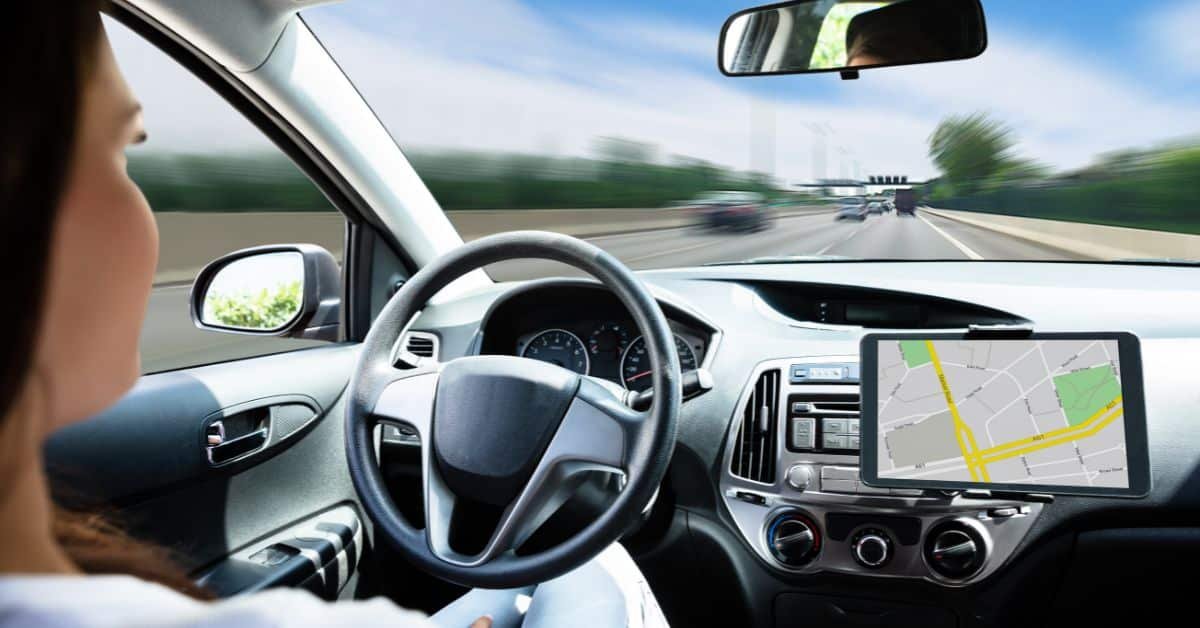Autonomous vehicles, or self-driving cars, have been a hot topic in the world of technology and innovation. These vehicles, with their advanced sensors, GPS systems, and artificial intelligence, can operate without human intervention.
Their potential to revolutionize transportation sparks intense debate, fascination, and some skepticism. However, not everything you’ve heard about autonomous vehicles is entirely accurate. Our guide will separate the myths from the facts to know about autonomous vehicles.
The Current State of Autonomous Vehicle Technology
Car and technology manufacturers have developed self-driving car technology rapidly in recent years, with companies like Tesla, Waymo, and Cruise leading the way through extensive global testing. Level 2 autonomous features, such as adaptive cruise control and lane-keeping assistance, are already available to consumers, while Level 4 and 5 self-driving capabilities remain in testing.
Tech developers and automakers must address challenges like regulatory frameworks, public trust, and infrastructure readiness alongside advancements in ethical decision-making algorithms to handle unexpected scenarios. Despite these hurdles, the industry is making steady progress, with autonomous taxis, delivery robots, and freight transportation gaining traction in select markets.
Debunking Common Myths About Autonomous Vehicles
Since self-driving cars are still a relatively new technology, with few operating on roads today, there are still many misconceptions about them. While there are many myths surrounding the technology, we’ll explain the key facts about autonomous vehicles (AVs) to know.
Myth 1: AVs Aren’t Safe
A common misconception is that self-driving cars are unsafe. However, AVs feature advanced technologies like lidar, radar, and cameras that continuously monitor their surroundings and identify hazards faster than human drivers.
Although there have been accidents involving AVs, most are due to external factors, such as human-driven cars not adhering to traffic laws. AVs can reduce common human errors that cause accidents and collisions and help make our roads safer.
Myth 2: AVs Will Lead to Widespread Job Loss
Another common myth is that autonomous vehicles will cause massive job displacement, particularly in industries like trucking and ride-hailing services. While employment patterns may shift, autonomous vehicles will also create new opportunities.
Jobs in technology development, vehicle maintenance, and infrastructure planning are likely to grow alongside the adoption of self-driving cars. History has shown that technological advancements often transform the job market rather than eliminate opportunities.
Myth 3: AVs Hurt More Than Help the Environment
While AVs evoke an eco-conscious future, there’s a misconception that their production and disposal do more damage to the environment than typical cars. AVs, however, feature systems that optimize routes, reduce sudden accelerations or decelerations, and minimize idling time, which translates to lower fuel consumption.
Furthermore, AVs are already impacting the tire industry by aiding the development of technology like smart tires and sustainable rubber material. The adoption of AVs can also lead to more efficient car-sharing systems and reduce congestion, further decreasing the carbon footprint of transportation systems. These advancements showcase how autonomous vehicles can contribute to a greener future rather than exacerbating environmental issues.
Redefining the Road Ahead
AVs are more than a technological marvel—they represent a shift in transportation, safety, and efficiency. By debunking myths and exploring their potential, we see how self-driving cars could redefine industries and reshape how we interact with the world. While challenges remain, the road ahead promises exciting opportunities for innovation and a safer, more automated future.
Read more articles:
How Common Data Environments Help Construction Projects
Why Businesses Should Invest in Lithium-Ion Marine Batteries

At CIO TechWorld, I architect global revenue strategy, cultivate enterprise alliances, and engage directly with CXO leaders shaping the future of technology.
Operating at the convergence of editorial intelligence, commercial strategy, and executive influence, I specialize in transforming complex business objectives into authoritative market presence.









